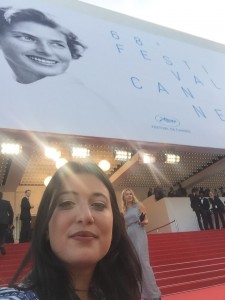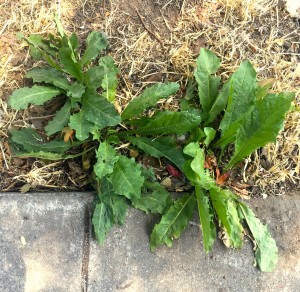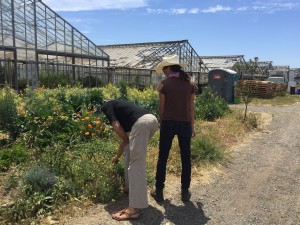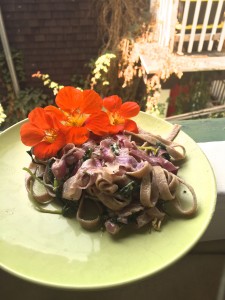This is the next in a series of posts by recipients of the Career Services Summer Funding grant. We’ve asked funding recipients to reflect on their summer experiences and talk about the industries in which they’ve been spending the summer. You can read the entire series here.
This entry is by Sarah Elnahal, COL ’16
When I accepted the internship with the Philadelphia District Attorney’s Office, I was not sure what I want to do as a career. As a feminist, I knew I wanted to help women in some capacity, and I had been interested in law ever since I joined the mock trial team in high school. After spending three months working in the Juvenile Department and the Sexual Assault and Family Violence Department, I found my calling; I want to help women find justice for the wrongs they have faced.
As an undergraduate intern, my daily activities were pretty clerical. I would print out discovery (a collection of all the evidence in a case, interviews, police reports, and other relevant documents), approve charges, update statistics, and file. Although these tasks seem menial (and I have to admit, at times I did feel bored), they taught me so many important aspects of law. I learned about various charges and their definition, even correcting ADA charging mistakes. I saw the type of information needed to move forward with a case as well as the inner workings of the information collecting process.
Most importantly, however, I was able to read the cases and discuss them with the ADA. Most of the cases that came across my desk involved domestic violence, child abuse, sexual assault, and child sexual assault. It was very difficult to read the cases and the testimonies, especially when it involved children. I was particularly passionate about working with ADA’s on sexual assault and child sexual abuse cases. Many of the children were so young that they did not have the vocabulary to be able to describe the sexual incidents properly during their interviews. I went with the ADAs to meet the victims, and it was so powerful to see these their strength to go through the laboring legal process.
After shadowing the lawyer’s and learning how they prepared for these cases, I would go to court with them. This was the hardest part of my summer experience. Defense attorneys often grilled adult women, and I could not imagine what it would be like to have someone invalidate a trauma you experienced. When children were questioned in court in sexual abuse cases, defense lawyers would often confuse the children, leading them to alter their testimony. Many of the children struggled to even tell their story, and the ADAs worked very hard to make the children feel comfortable in a courtroom setting.
Throughout this whole process, I saw how passionate the ADAs were. They worked long hours to make sure these women and children got the representation they deserved. In court, their passion came through in all their objections, cross examinations, and direct examinations. When I watched them, I realized I wanted to be them. I want to aid these women and children seek justice in a time when they may be feeling helpless or scared. My summer experience helped me form a specific goal, and I would like to thank Career Services for providing me with this life changing opportunity.






